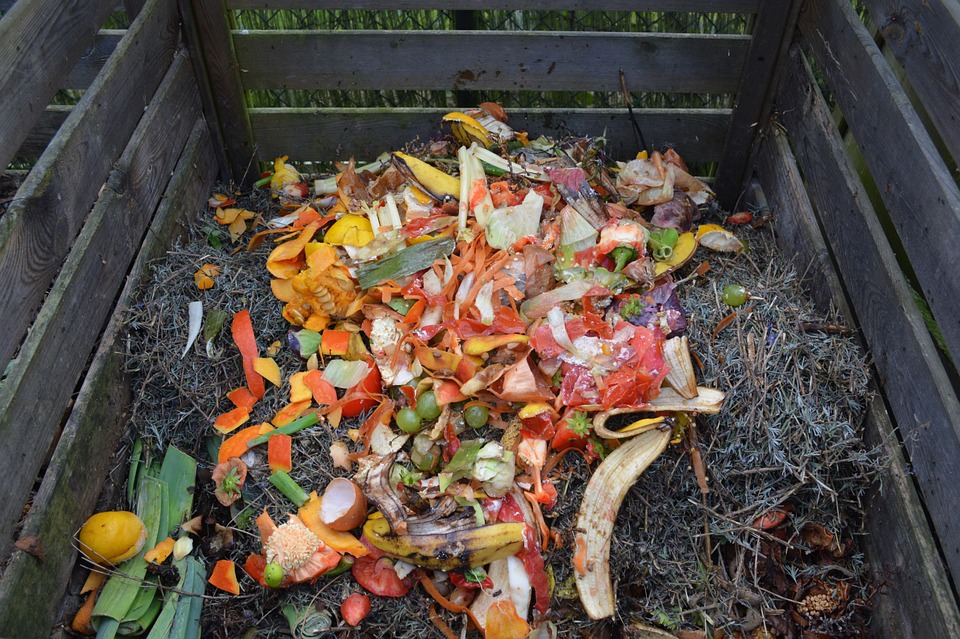Canada Wasting up to $31 Billion in Food Waste every Year

Across Canada, food waste is a growing concern with approximately 40 percent of all food produced here being thrown out and discarded. That’s more than $31 billion annually. There are a lot of reasons as to why. In many cases, some blame grocers and organizations selling food. They’ve been criticized for throwing out foods past expiry when there are opportunities to donate. There are also reported issues with overproduction and overstocking.
Looking to make a change
If Canada’s going to see reductions on its $31 billion in food waste, organizations like Second Harvest might serve as a guiding light. Second Harvest is a Toronto charity connecting non-profit organizations in Ontario with food suppliers and distributors. When there is excess food, it gets distributed amongst these organizations. Coordination initiatives like this serve a great purpose and, if applied across Canada, could make an immense difference.
In its efforts, Second Harvest has established relationships with more than 300 organizations in the province. Through these relationships, things like produce, meat, and dairy are distributed with ease. They are far from the only initiative doing this sort of thing either, with the Vancouver-based FoodMesh and the Provision Coalition both being other examples. In addition to these independent stakeholders, corporations like Walmart are also heavily involved in reducing their part in food waste. By 2025, Walmart is committed to reducing their food waste to zero.
Where food waste in Canada is coming from
According to a CBC report, more than half of the food waste produced in Canada comes from food being discarded by farmers, food manufactures, and distributors. Examples include an inability to see produce or fruit that has blemishes or that has been grown in strange shapes, batches of bread and baked goods that do not come out as planned, and grocery stores that over-order what they need only to see a lot of it reach their best-before date.
Though this is just the cost of doing business for most, the environmental consequences are hard to ignore. In addition, there are vulnerable Canadian populations struggling to feed themselves and millions of people going hungry. As long as the food is edible and still healthy, there’s no reason not to re-purpose it in some way to feed ourselves. In essence, that’s the importance of organizations like Second Harvest.
Where we go from here
Knowing the billions being thrown away in food waste every year, there’s a lot of positive development happening. As we look ahead, as a waste management company, we’d like to play our role in continuing to push towards a zero waste future.
Though a huge undertaking, reductions in the amount of food we throw out is a massive component of Canada’s walk toward a more eco-friendly future. The food we don’t throw away can be donated and used to feed potentially millions of people in dire need of it. Furthermore, donations can be made on products related to furniture, electronics, and other waste items – all in the name of repurposing and reusing these among individuals who need them.
For more information on how you can reduce your waste, contact Core Mini Bins. Specializing in waste management and recycling, we’ll maximize your waste materials and ensure they are handled in the most environmentally-friendly way.


